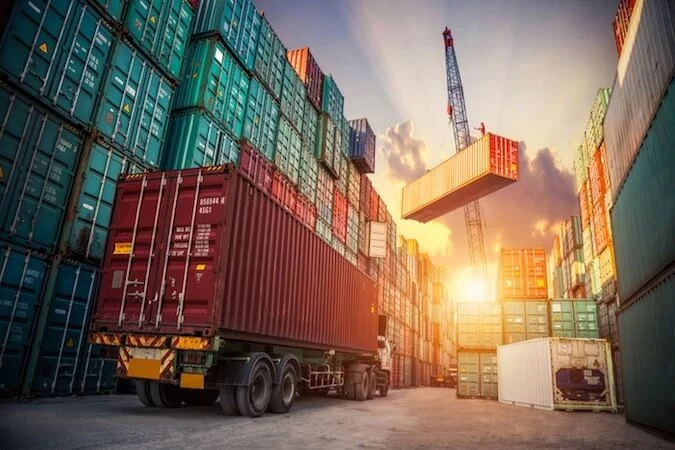17 February, 2023 Lifting a shipping container is a critical task in the logistics and transportation industry. Whether you're moving a container from one location to another or preparing it for shipment, ensuring that the process is both safe and efficient is essential. Improper lifting can lead to serious injuries, equipment damage, and costly delays. In this article, we’ll explore the best practices for lifting shipping containers, with a focus on container lifting techniques and tools like automatic lifting hooks. One of the most effective tools for lifting shipping containers is the automatic lifting hook. These specialized devices are designed to attach to the top corner castings of a container and are operated remotely, which significantly reduces the risk of accidents and improves worker safety. Unlike traditional manual methods, automatic hooks allow for smoother and more controlled lifts, especially when dealing with heavy or awkwardly shaped containers. Automatic crane hooks are particularly useful in environments where precision and efficiency are key. They can be adjusted to accommodate different container sizes and weights, making them a flexible solution for various lifting tasks. This adaptability ensures that regardless of the container type, the lifting process remains secure and manageable. Table of Contents Cranes are widely used in the shipping industry for lifting containers due to their strength and versatility. There are two main types: mobile cranes and gantry cranes. Mobile cranes offer flexibility, as they can move around a site, making them ideal for loading and unloading containers from trucks and ships. Gantry cranes, on the other hand, are fixed structures typically found in ports or shipyards, providing stability for large-scale operations. Auto Release Hooks Lifting Hooks  While cranes are the most common method, there are several alternative techniques for lifting shipping containers. Each has its own advantages depending on the situation. Here are some popular options: Forklifts are commonly used for lifting smaller containers or moving them within a confined area. They have a lifting capacity of up to 45,000 pounds, making them suitable for medium-sized containers. Operators insert the forks into the corner castings and lift the container off the ground. Hydraulic lift systems are often used in shipyards and container terminals. They use hydraulic cylinders to lift the container, allowing for smooth and controlled movement. These systems are ideal for heavy-duty lifting and are known for their reliability and ease of use. Container lifting jacks are an essential tool for safely lifting containers, especially in tight spaces. When using jacks, it's important to ensure proper setup and follow all safety protocols to avoid accidents. Choosing the right slings is crucial for safe and efficient container lifting. Different types of slings are suited for different situations. Here are some recommended options: Always inspect your slings before each lift and follow manufacturer guidelines to ensure safety. Selecting the right sling based on the container’s size, weight, and lifting conditions can make a big difference in efficiency and security. Automatic Valveless Gravity Filters Automatic Valveless Gravity Filters,Automatic Valveless Filters,Coagulation Sedimentation Tank,Sedimentation Tank System Foshan Hongjun Water Treatment Equipment Co. Ltd , https://www.hjwastewatertreatment.com
Lifting with Gantry Cranes
Get to know more about Elebia hooks
Other Ways of Lifting a Sea Container
Forklift Trucks
Hydraulic Lift Systems
Container Lifting Jacks
What Type of Slings Are Recommended?